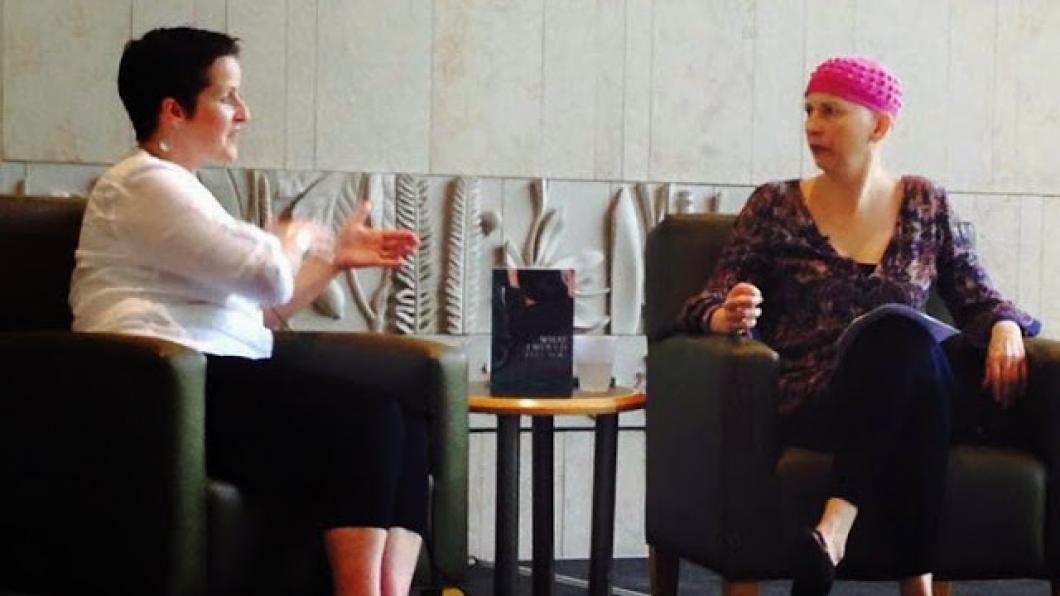
Dear doctor, therapist, nurse and teacher
By Louise Kinross
I was delighted and honoured to interview Julie Keon, author of What I Would Tell You, on Saturday at Holland Bloorview.
Julie’s book is about raising her daughter Meredith, now 11, who was born with severe brain damage. What’s unique about this memoir is that it’s structured around deep practical truths Julie has learned that will improve understanding between parents of kids with disabilities and the health professionals who work with them.
A must-read chapter in the book is directed to clinicians—doctors, and also therapists, nurses, social workers and teachers. It includes 10 suggestions. I am including the first four below (the following belongs to Julie Keon and is copyright 2015). Please read these and share with the clinicians you work with.
1. I do not think you are God. There is far too much pressure placed on doctors. They cannot, and should not, have all the answers. Nor can they prevent catastrophic outcomes. As much as you deserve tremendous respect (as all of us do), you might be relieved to know that I do not hold you up on a pedestal or expect you to perform miracles. You are human, and I do not expect you to predict the future or a life expectancy. Nor do I expect you to know exactly what is going on with my complex child. I appreciate it when, with all of your years of experience and knowledge, you can look at me and tell me that you do not know the answer. I do not need either shaky hope or dark predictions. What I do need is the truth as you know it, regardless of whether or not you believe I am able to handle it.
2. Be aware of how long I have been on this path. If we are meeting for the first time because my baby was born just days or weeks earlier, please keep in mind that I am exceptionally fragile right now. I am not only learning that my child will have lifelong issues, but I am also in the middle of the postpartum period. Please be mindful of my tender emotional and physical state. If we are meeting years into this journey, do not assume that I have become accustomed to the fact that there is a DNR (do not resuscitate) form in the desk drawer in our living room, in the glove compartment of our van and in our daughter’s lengthy hospital chart. Please know that updating this form never gets easier. Speaking nonchalantly about our child’s life expectancy is insensitive, whether you intend it to be or not. It will always be a delicate topic for us. Knowing that we will likely outlive our daughter will never, ever be acceptable to us.
3. Meet me where I am. Please do not expect me to be where you are mentally or emotionally, for I am not there yet. I have not lived the sorrows and losses you have witnessed. I have not experienced even a fragment of what you anticipate for our future. I have only lived this life for a decade, and anything beyond this moment has yet to be lived. Use caution when sharing with us the medical outcomes of other families “like ours.”
4. Unless absolutely necessary, please refrain from asking me about my pregnancy and birth. Especially in the early days, months and years, having to explain how and where our daughter was born each time we enter an emergency room, hospital or medical clinic becomes redundant and is unnecessary, especially when our visit is to rule out an ear infection. It is emotionally invasive to make us relieve this intimate and personal experience with virtual strangers, simply in order to fulfill clinical checklists. Interestingly, by the time we have integrated this experience into that part of our brains that deals with difficult experiences, you will no longer have a need to ask.
Do these suggestions resonate with you as parents? Please add your own in the comments. Julie's book is available to be borrowed through Holland Bloorview's library.